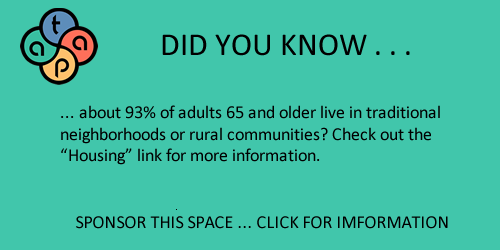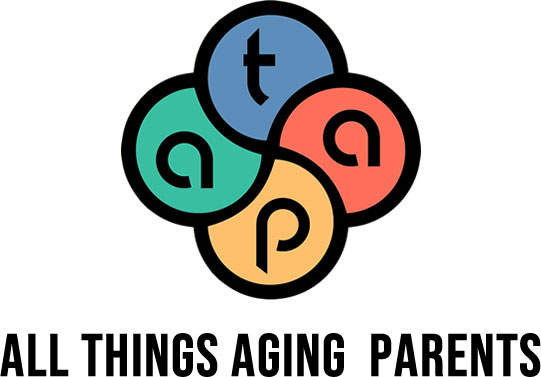Ideally, your parents will have a retirement plan in place that may include a pension or retirement savings account (such as a 401(k), IRA, Roth IRA, or others), Social Security benefits, and personal savings. Unfortunately, not all adults have that plan in place – through no fault of their own! Life has gotten complicated, often through individuals having to make investment decisions, declines in the stock market that affect retirement (think 2008), and using what might have been their retirement income to help with cost of living expenses for themselves and other family members before retirement. Or perhaps your parents have a plan in place, but seem to be outliving their assets – a real concern as life expectancy increases! Paying for medical costs, housing, and care expenses out-of-pocket is certainly an option for some, but we may need to look at other options, rather than using the income we (as adult children) have earmarked for our own retirement. We will talk about the main governmental assistance programs, and some other options that you may be able to access to help pay for the care and housing your parents may need.


Just a word about Social Security and SSI: Most of the information about Social Security Old-Age and Survivors Benefits is outside the scope of All Things Aging Parents. You can find a good resource for that at www.ssa.gov, or at AARP. There are just a few benefits that we want you to be aware of, as they may be overlooked when you are considering the financial wellbeing of your parents.
- About one-third of Social Security beneficiaries do have to pay federal income tax, but usually because they also receive other income (wages, interest, dividends, etc).
- Survivor benefits for dependent parents: If a wage earner was providing at least half of the support for his/her dependent older parents (62 or older), the parent(s) may receive survivor benefits along with the surviving spouse and minor children (up to the maximum family benefit).
- The Social Security Administration will not recognize your Power of Attorney document. If you have to manage your parent(s)’ Social Security benefits due to physical or mental incapacity, you will need to complete paperwork to become their Representative Payee and be appointed by the SSA. This requires yearly reporting on how the benefits were used or saved and requires a separate bank account.
- The Supplemental Security Income (SSI) program is a federal safety net for those with low income and limited financial resources, including older adults (65 or older). To qualify financially for SSI, they cannot own more than $2,000 worth of total countable assets (if married, they may jointly own up to $3,000 in assets). Countable assets are basically anything of value they own except for the home they live in and one vehicle. Assets include such things as money in savings and checking accounts, IRAs and other retirement accounts, cash value in life insurance policies, additional vehicles, and virtually anything else of significant value.
- Most SSI recipients are eligible for Medicaid.
Resources:
You will very likely require professional assistance in any area of financing. An excellent resource to find a professional in any area who is also a specialist in aging and working with older adults is to find a Certified Senior Advisor (CSA)®. These CSAs may be financial service professionals, licensed insurance agents, or any other specialty, but they have gone through intense training in how best to work with seniors. To find a CSA® specialist in your area, visit https://www.csa.us/search/custom.asp?id=3690.
Here are some helpful links concerning Social Security:



















